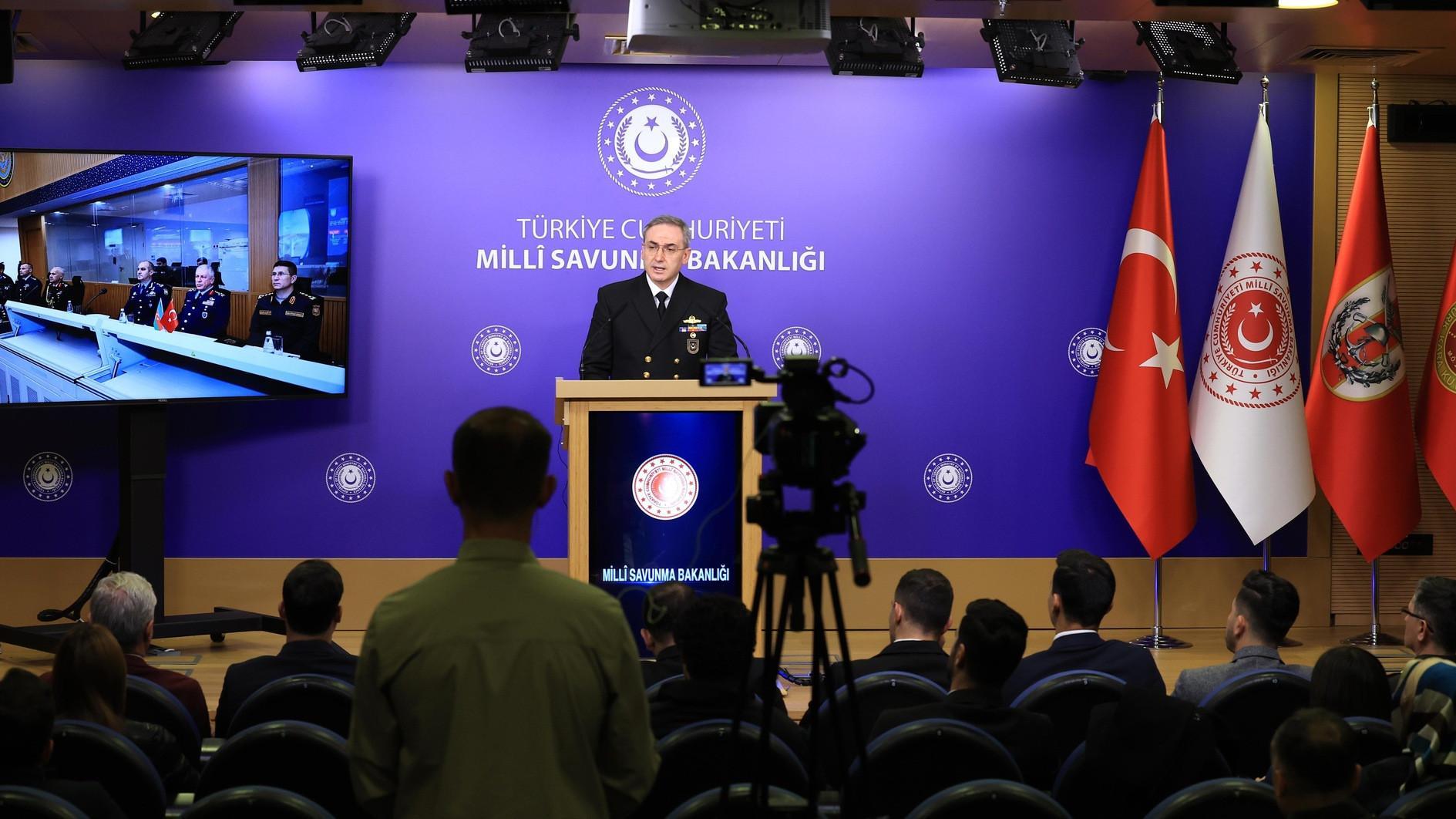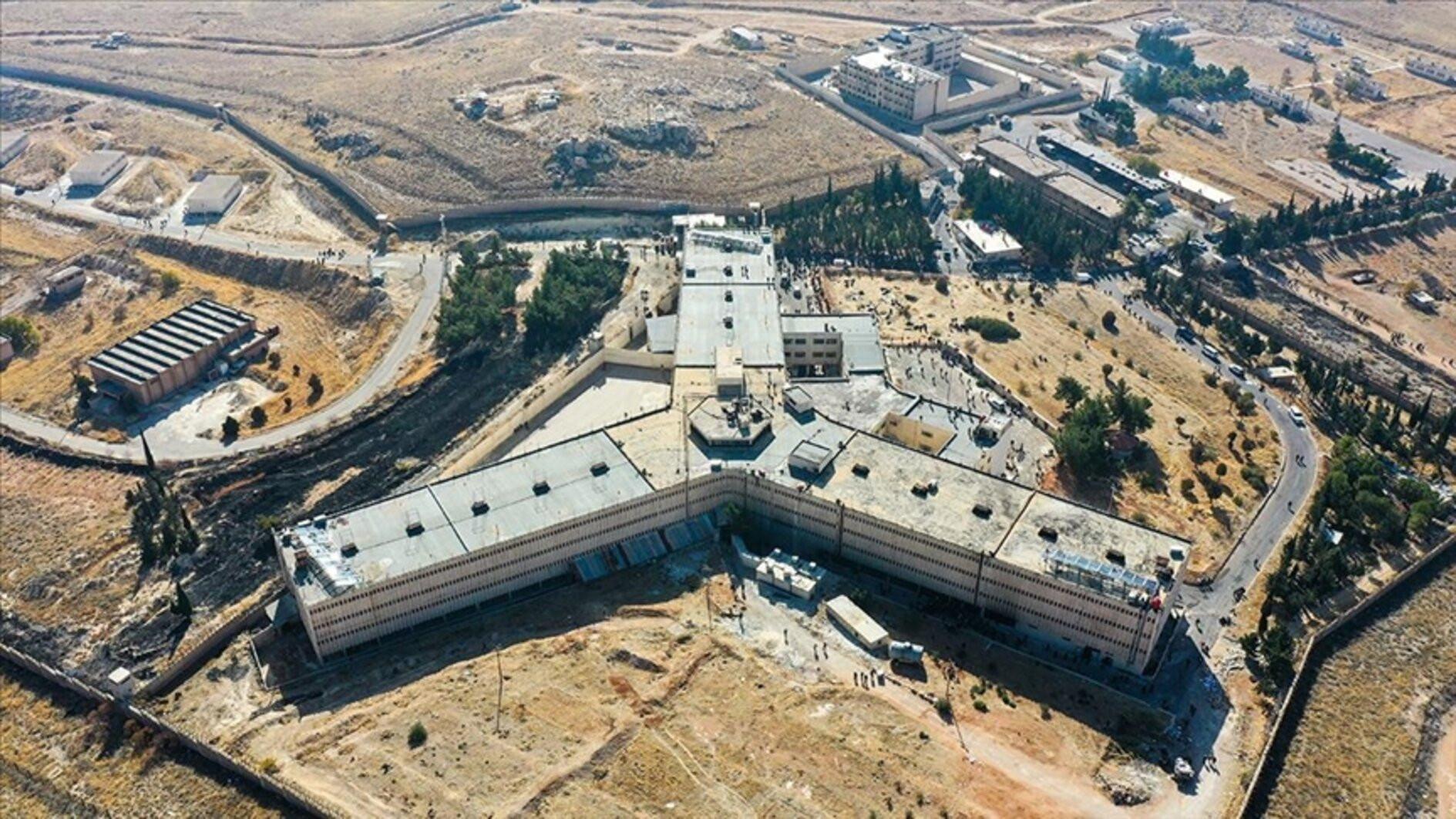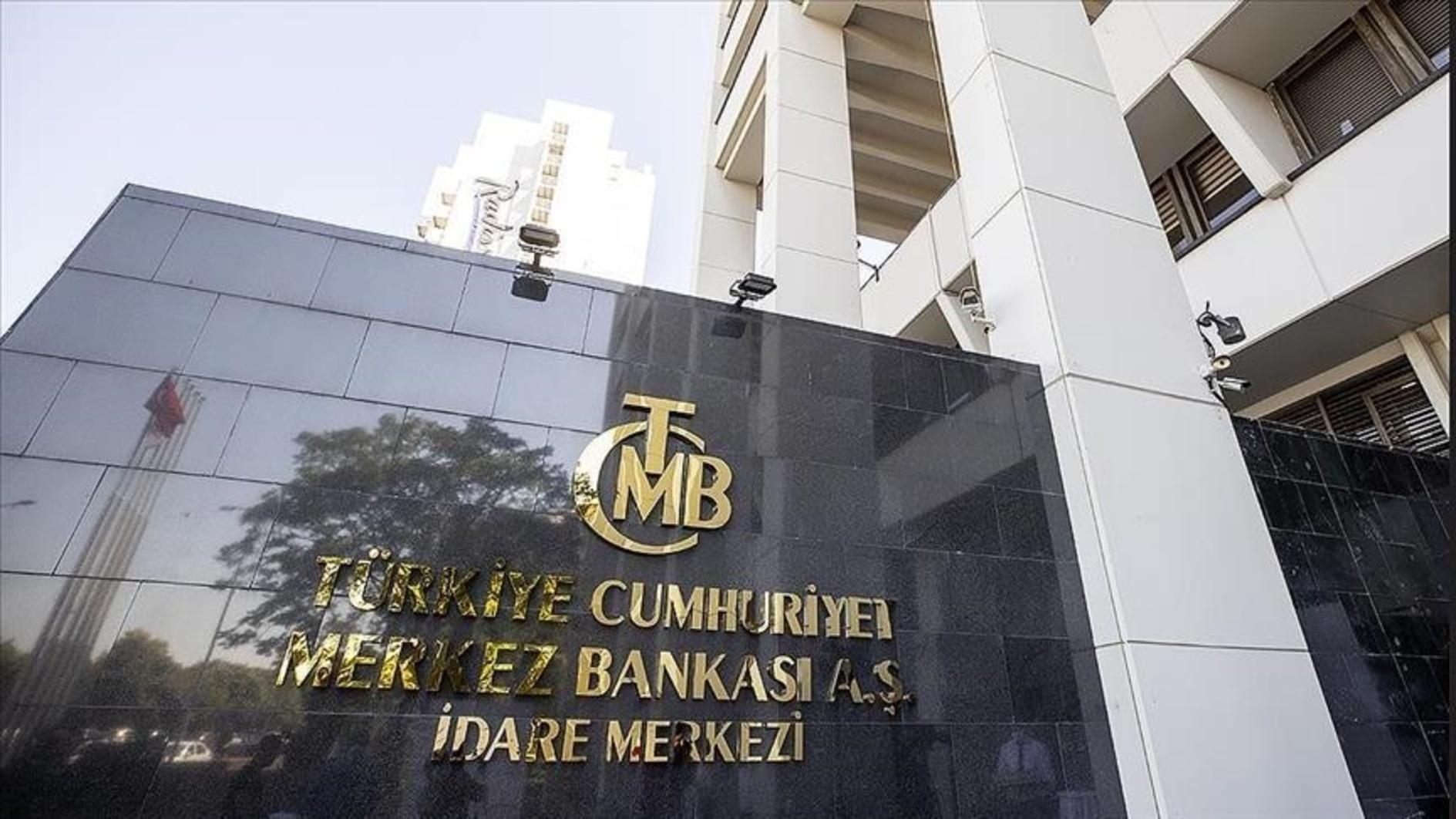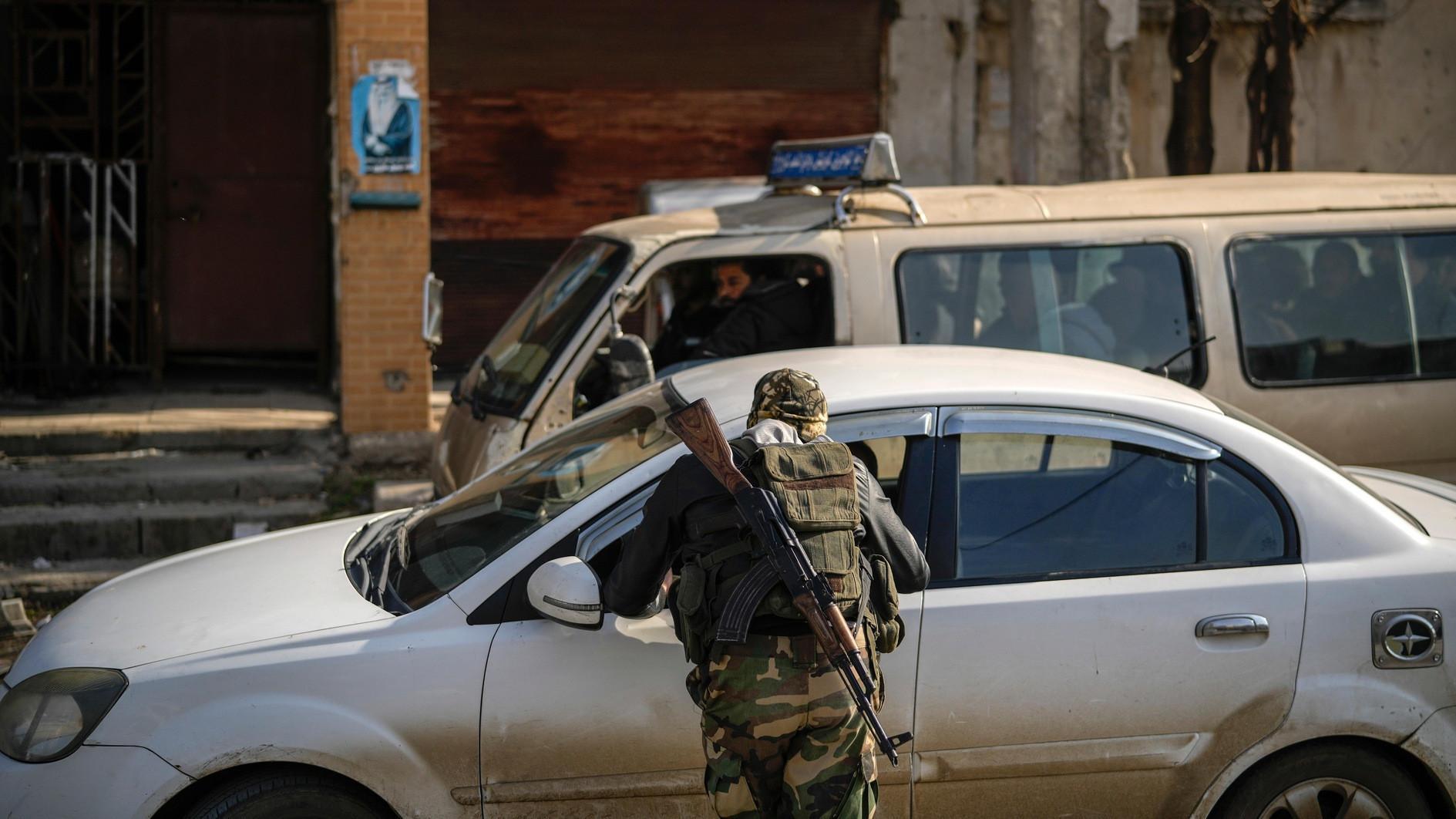Turkey eyes Mideast fine-tuning after Egypt
ANKARA - Hürriyet Daily News

FM Davutoğlu (front) embraces his Iranian counterpart Salehi in Ankara. DAILY NEWS photo, Selahattin SÖNMEZ
Disappointed with the Egyptian coup that ousted its best regional ally, Mohamed Morsi, Turkish diplomacy is seeking to fine-tune its overall Mideast policies with particular emphasis on how the Arab Spring will evolve amid ongoing turmoil in Egypt and Syria.Although Ankara has hinted at keeping up its current “principle-based stance” on developments in the region, such as objecting to the military coup in Egypt, the Foreign Ministry is pursuing adjustments in order to narrow the gap in opinions with regional administrations and better inform those countries about the keys to Turkey’s policies.
Ankara reviewed its Middle Eastern policy earlier this month at a meeting of Turkish ambassadors under the direction of Foreign Minister Ahmet Davutoğlu with particular emphasis on the coup in Egypt and the civil war in Syria.
In a 14-hour presentation and brainstorming session, Turkish ambassadors in the Mideast and in prominent capitals discussed how Turkey’s policies regarding the region, particularly toward Cairo and Damascus, are being perceived.
Davutoğlu asked the envoys to outline Turkey’s policies in a better and more frequent way, a participant told the Hürriyet Daily News, adding that those policies were “non-sectarian.”
“Turkey does not take sides with either Sunnis or Shiites. Ankara’s foreign policy is impartial, inclusive,” the minister asked envoys to stress when they return to their postings.
Whether the coup in Egypt could be reversed in favor of the Muslim Brotherhood was a question discussed at length during the meeting, a source said.
While Davutoğlu underlined that Ankara would continue its “attitude based on principles” in regards to the coup in Egypt, the meeting nonetheless also focused on tailoring “Turkey’s stance from now on.”
Each envoy presented the political positions of their capitals on Egypt and discussed the reasons why those countries abstained from describing the military intervention as a “coup.” Ambassadors also outlined the foreign policies of the countries whose stances overlap and differ from Turkey’s – as well as the ways to find reconciliation in cases where there is a divergence, another diplomat told the Daily News.
Envoys also presented their views on the evolution of the Arab Spring movement in the region and the dynamics the developments in Egypt have created in the region.
Some circles in some Arab Spring countries are reportedly hoping that that the coup can be reversed, participants reportedly heard.
Meanwhile, Davutoğlu also met on July 12 with his Iranian counterpart, Ali Akbar Salehi, in the first meeting between the two counterparts since moderate cleric Hassan Rouhani was elected president last month.
















